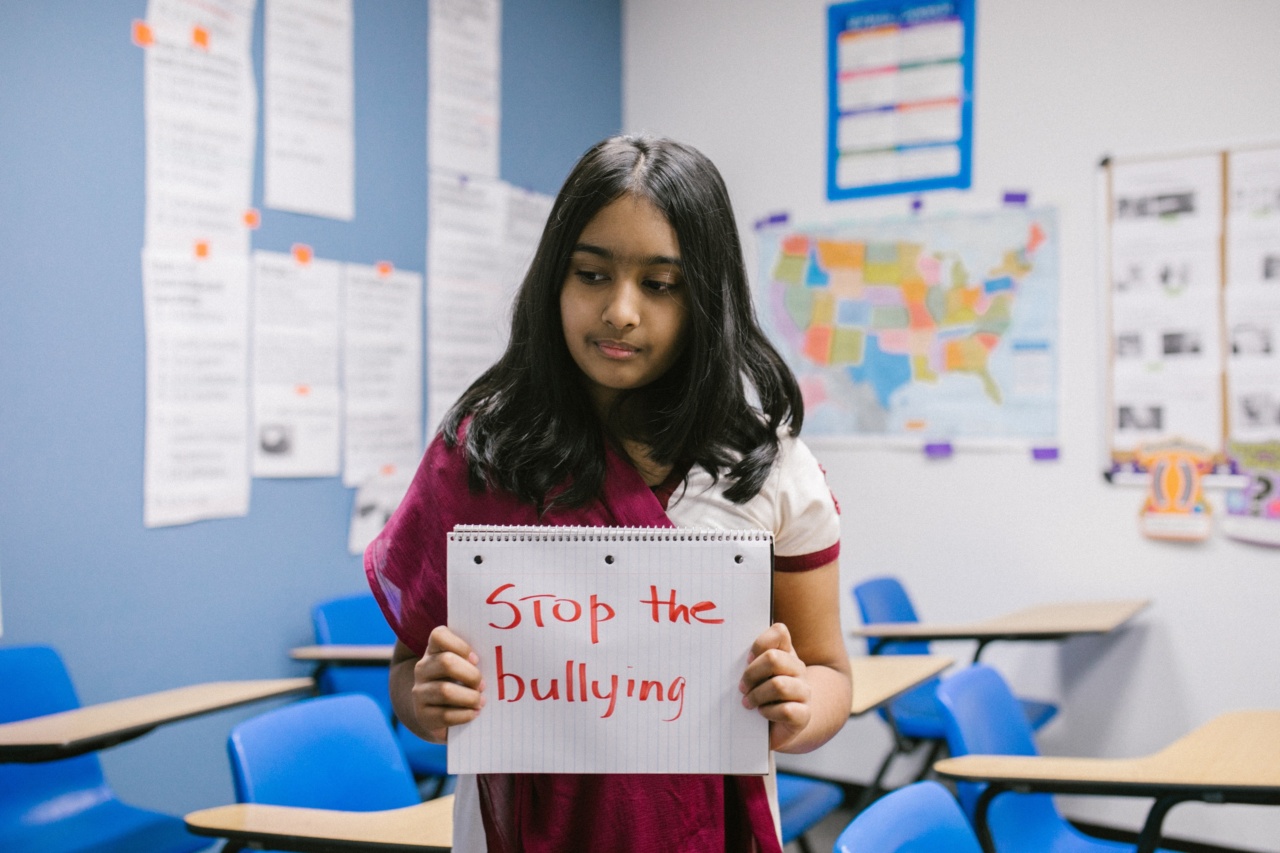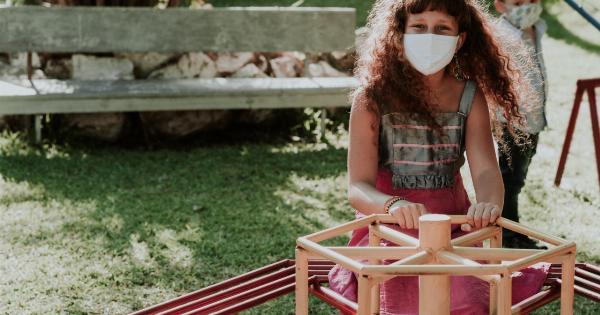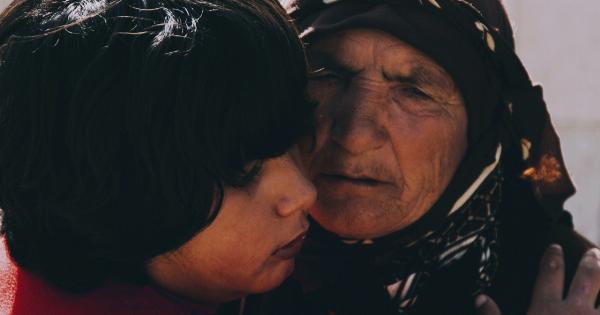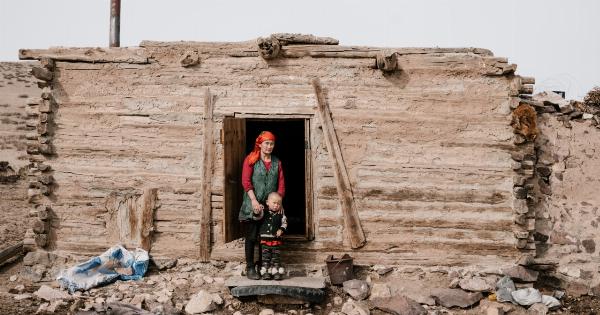Childhood depression is a serious mental health condition that affects many young people today.
It is vital for parents and caregivers to be aware of the signs and symptoms of depression in children, as early intervention can greatly improve their well-being and future prospects. If you suspect that your child may be depressed, it is essential to seek professional help and support. In this article, we will explore the red flags to look out for if you suspect your child is battling with depression.
Social Withdrawal and Isolation
One of the key indicators of depression in children is a sudden and significant withdrawal from social activities. Depressed children often lose interest in previously enjoyed hobbies or spending time with friends and family.
They may prefer isolating themselves and may make excuses to avoid gatherings or interacting with others. This isolation can lead to feelings of loneliness and exacerbate their depressive state.
Mood and Irritability
Children with depression may display persistent sadness or irritability without any apparent cause. They may appear to be constantly down and may have frequent or intense mood swings. They may become easily frustrated or angry, even over trivial matters.
This shift in their emotional state may be noticeable to both close family members and teachers at school.
Changes in Appetite and Sleep Patterns
Depression often affects a child’s appetite and sleep patterns. They may either experience significant changes in appetite, leading to weight gain or loss, or a complete loss of interest in food.
Similarly, their sleep patterns may be disrupted, resulting in difficulty falling asleep, staying asleep, or excessive sleeping. These changes can have a significant impact on their overall well-being and energy levels.
Loss of Interest in Previously Enjoyed Activities
If your child suddenly loses interest in activities they once enjoyed, such as sports, extracurricular clubs, or hobbies, it may indicate depression.
They may no longer find pleasure in things that used to bring them joy, and this lack of interest can contribute to feelings of hopelessness and despair.
Difficulty Concentrating and Decline in Academic Performance
Depression can impair a child’s ability to concentrate and negatively impact their academic performance. They may struggle to focus on tasks, experience memory problems, or have difficulty completing assignments.
This decline in their academic abilities can lead to frustration, low self-esteem, and further exacerbate their depressive symptoms.
Frequent Physical Complaints
Depressed children may often complain of physical symptoms such as headaches, stomachaches, or other unexplained aches and pains.
These physical complaints may not have any identifiable medical cause and can be a manifestation of their underlying emotional distress.
Persistent Feelings of Sadness or Hopelessness
A hallmark feature of depression is an enduring sense of sadness or hopelessness. Depressed children may exhibit a pessimistic outlook on life and may express feelings of worthlessness or guilt.
They may frequently verbalize thoughts of self-harm, making it crucial for parents to take immediate action.
Increased Sensitivity to Rejection or Criticism
Depressed children may become overly sensitive to rejection or criticism. They may interpret neutral events or comments as personal attacks, resulting in heightened emotional reactions.
They may also display an intense fear of failure and exhibit perfectionistic tendencies.
Changes in Physical Appearance and Personal Hygiene
Depression can lead to a neglect of personal appearance and hygiene in children. They may appear disheveled, unkempt, or lose interest in grooming themselves properly.
These changes can be noticeable, and it is important for caregivers to intervene with compassion and understanding.
Self-Destructive Behavior and Suicidal Thoughts
In severe cases of depression, children may engage in self-destructive behavior or express suicidal thoughts.
If your child talks about death, expresses a desire to die, or engages in self-harming behaviors, it is crucial to seek immediate professional help and take all necessary precautions to ensure their safety.
Conclusion
Recognizing the signs of potential depression in children is crucial in order to provide the necessary support and intervention.
If you suspect that your child is depressed, it is important to consult with a mental health professional who can accurately diagnose and provide appropriate treatment. Remember that early intervention greatly improves the chances of a positive outcome.
By being attentive, understanding, and seeking professional help, you can assist your child in navigating their way towards better mental health and overall well-being.
























